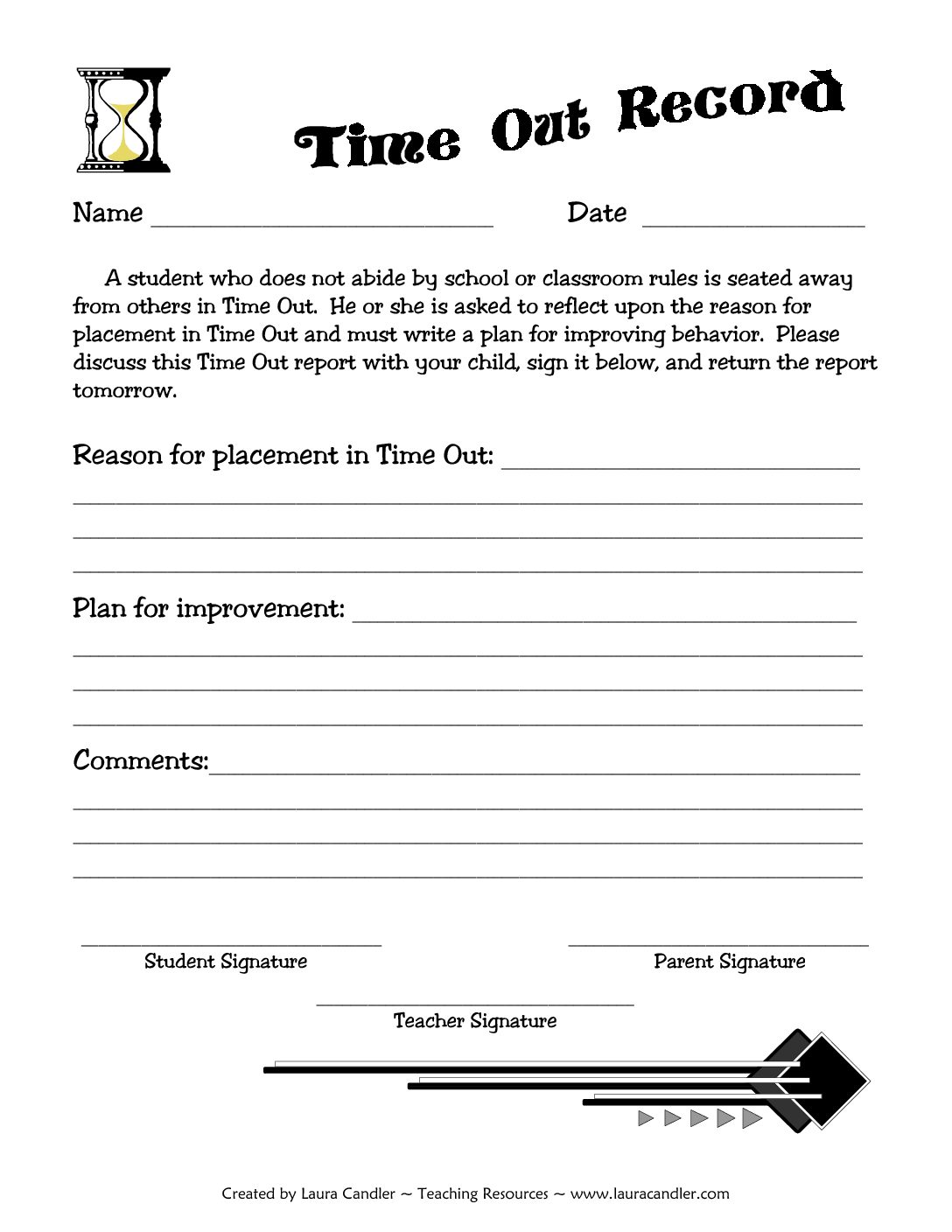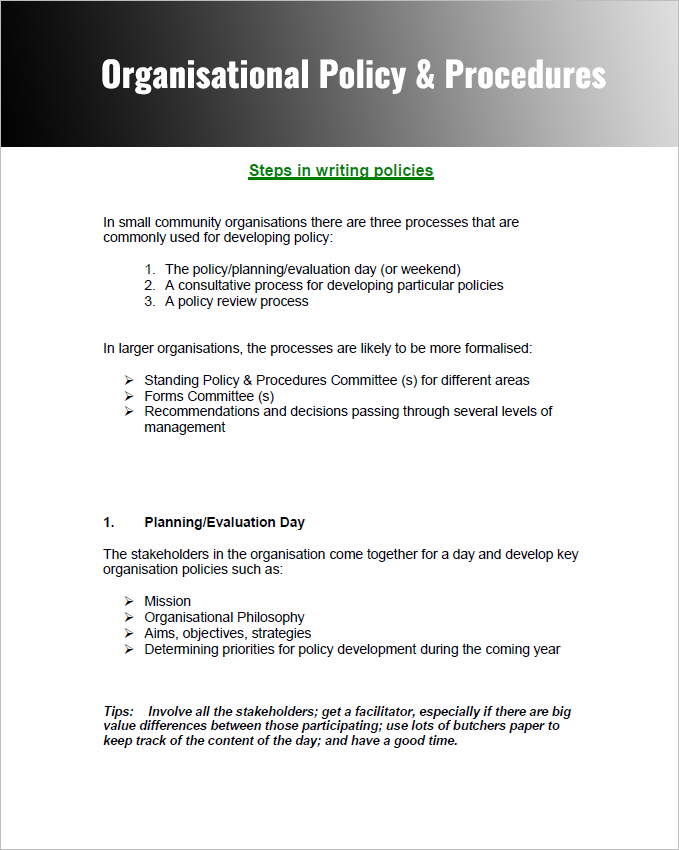

You become more prone to outbursts based on irrational emotions and your contribution to the disagreement will no longer be conducive to resolving the problem or constructively expressing your point of view.

It’s important not to continue a disagreement if you are flooded with emotions because you lose the ability to think rationally. When you start experiencing the physical symptoms of flooding or notice that you are having a hard time thinking clearly, that’s your body’s alarm system letting you know that you need to step back and take a time-out. Watch his explanation in the video below. Daniel Siegel has a great explanation for the process of what happens to the brain when you ‘flip your lid’. You will also feel like you are losing control.ĭr.

Physically, your heart rate will pick up, your breathing will become fast and shallow, and your palms may become sweaty. You stop thinking, you are flooded with too much information, and you act without conscious decision. So, arguing with someone can trigger your “emotional brain” to hijack a situation from your “thinking brain” and react to the disagreement with a fight or flight response. One of the first signs that you’re becoming flooded is your heart-rate rises above 95 beats per minute (85 if you’re athletic). In an emotionally charged situation, such as a disagreement or argument, you can experience a phenomenon called Diffuse Physiological Arousal (DPA).ĭPA, also commonly known as ‘flooding’ exhibits all the same symptoms as a fight, flight, or freeze response. Let’s talk about what happens in the brain that causes you to ‘flip your lid’ or lose control of your emotions. A time-out is a break in the conversation so that the partner who is losing control of their emotions can step away and calm down. This is important because these outbursts can be hurtful and are not conducive to resolving the conflict.


 0 kommentar(er)
0 kommentar(er)
